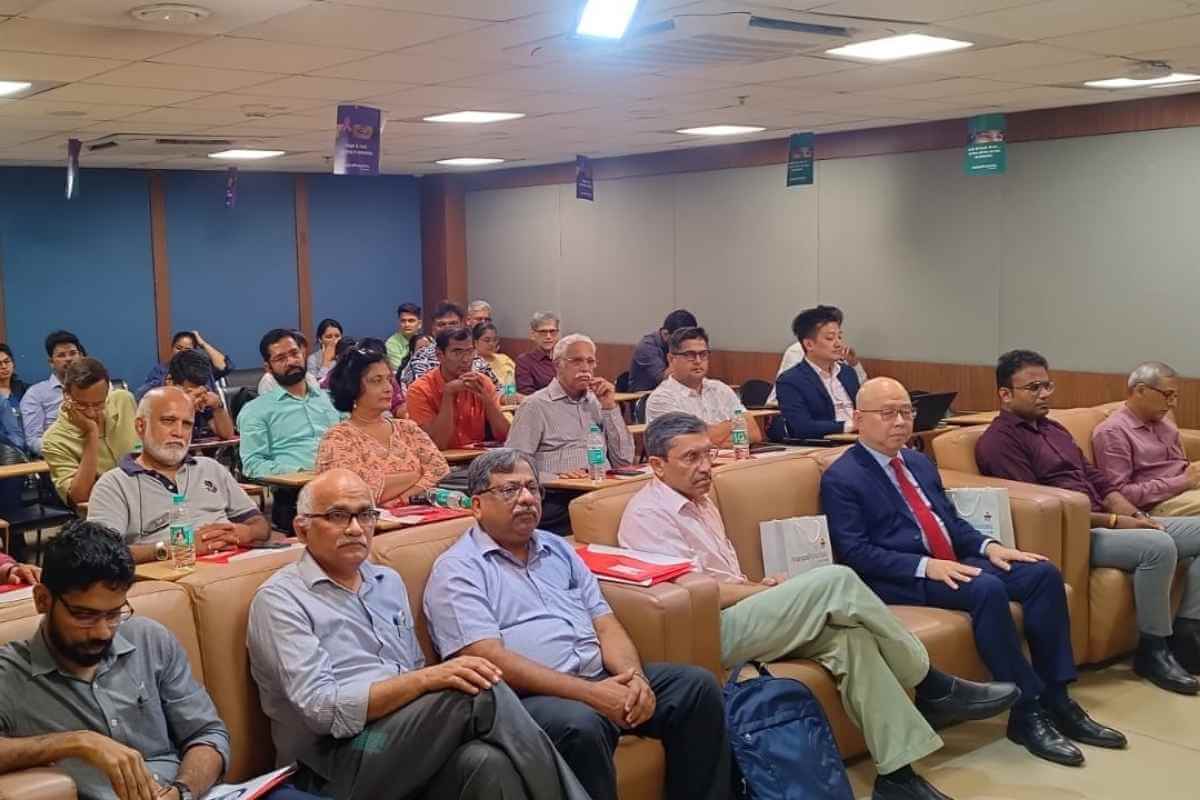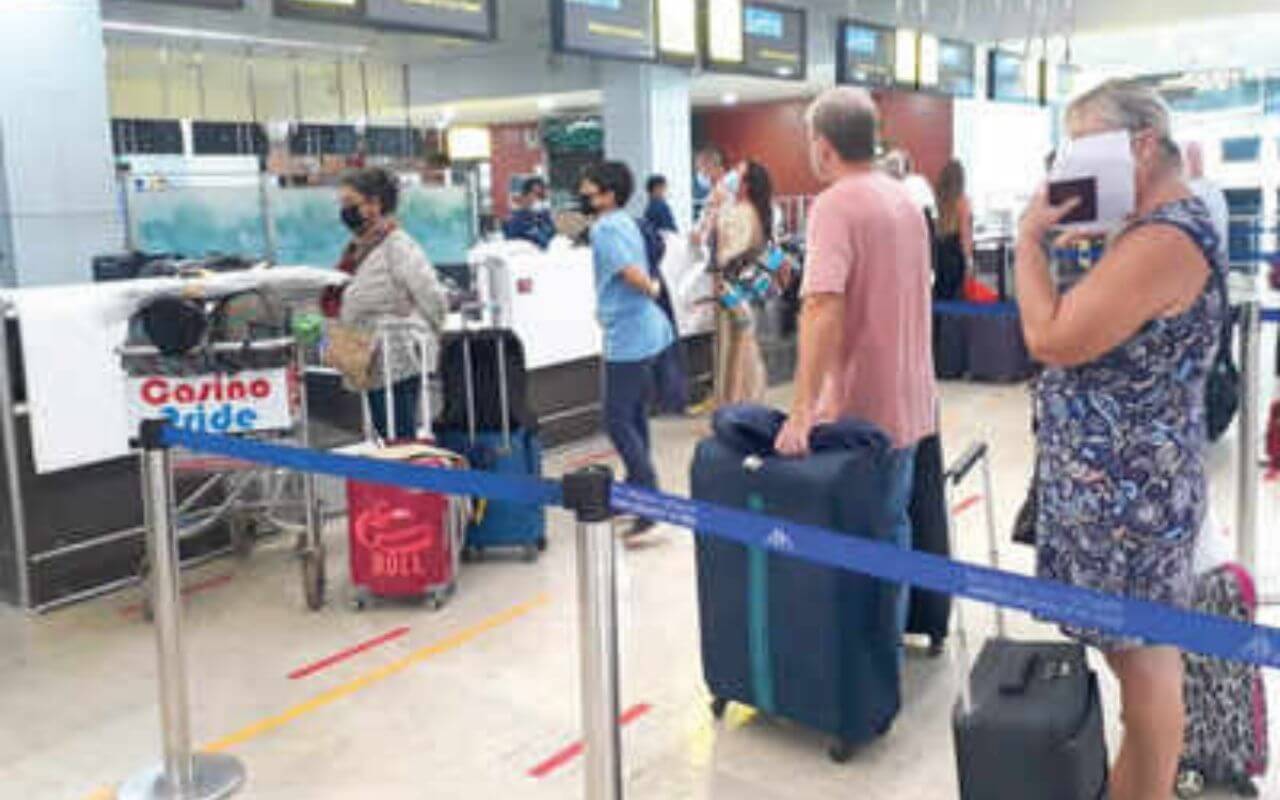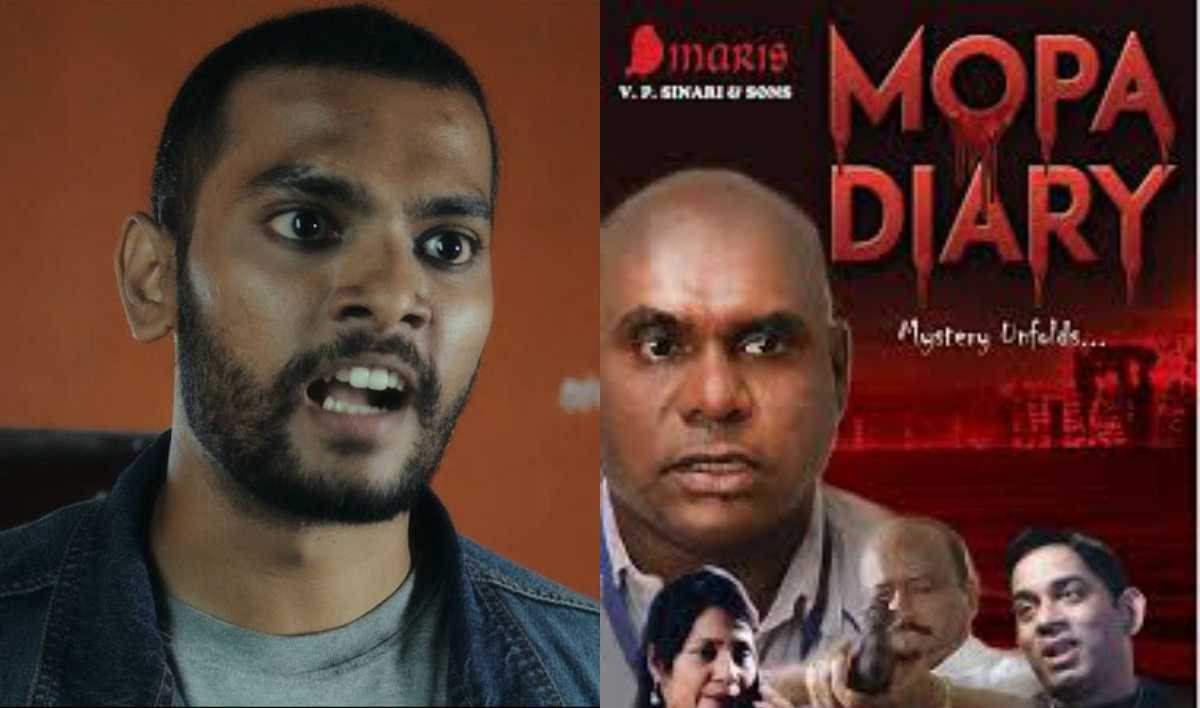In line with the previous article which looked at the impact of marital infidelity on different aspects of one’s life, this week’s article will talk about the impact of marital infidelity on children; the worst affected person(s) when a marriage fails. All research indicates that when a marriage ends, irrespective of the reasons, the children involved in the marriage are at the receiving end and it doesn’t matter if the situation turns out in the favour of one partner or another, it definitely never turns out in favour of the child.
To what extent will a child be affected due to infidelity will be dependent on several factors. Age is a crucial determining factor; very young kids may not completely understand what’s going on and thus, maybe less affected. The situation drastically changes with teens around. Adolescents react very differently to parent’s affairs and the impact could range from them internalizing blame for it to even developing negative emotions toward one parent. Very frequently, teenagers show dysfunctions in their academics, peer relationships and overall self-image, due to parent’s infidelity.
The impact on the child will also depend on whether the affair and resultant fallout lasted for a short period of time or continued for months or years. If the matter is amicably resolved with both parents trying to keep their differences aside and rework on it, the negative impact can be reduced. But even if after keeping the affair in the past, both partners continue to bicker over it, have difficulty trusting each other, argue in front of the kids, then recovering from the trauma can be that much more difficult.
There is also significant evidence about the long term damaging impact of parent’s infidelity in the marriage on children. According to trauma theories and childhood victimization models, the parent’s divorce is viewed as an extremely traumatic event in a child’s life. Since the neuronal connections are developing at a rapid pace in a developing brain, any severe trauma makes the trauma pathway in the brain that much stronger, which in turn starts shaping the many inferences and behavioural actions of the child, much after the person has grown up as well.
There is also research evidence that suggests that trauma pathways can be genetically inherited, thereby suggesting an intergenerational transmission of the trauma experienced by the child in question. In simple words, if child x has witnessed that their parents have divorced and more so because one parent cheated on the other, then the trauma that they will experience will be biologically internalized to such an extent that the trauma genes will be passed onto child x’s children and grandchildren too. Such is the impact that we are talking about when we say that marital infidelity can have severe long-lasting damaging effects on the child who is a witness to this.
Dealing with the hurt, anger, frustration and all the myriad range of emotions which children may show in response to parent’s infidelity is not going to be a cakewalk but the onus of taking the high road rests with the parents. Below are some points to be kept in mind when trying to mend the bridges, with a child who is hurting:
- Be patient and acknowledge that your child’s emotions are justified and is their way of making sense of what’s happening in their immediate world.
- Never use your child as a pawn by trying to tilt their opinions in your favour or by trying to talk negatively about the other partner to your child. In that moment, it may seem like the best option to get your child to favour you over your partner, but it’s only going to damage the child further.
- Be honest about what is going to be the way forward in your relationship and help the child gain perspective about how their situation is likely to change if a divorce is what’s coming on next. Try to make the transition as smooth as possible for your child.
- In the scenario that you and your partner choose to be together, think of a way forward for your family to deal with this crisis together, taking into account the impact this has had on your child as well. Most importantly, even if it may be the reason to do so, don’t ever let your child feel that you chose to remain in an unhappy marriage for their sake; it will lead to more resentment than gratitude.
An extra-marital affair can break everyone involved in the situation and not just the partner being cheated on. Particularly if, there are children involved, every step needs to be considered twice. It’s after all then, not just about the lives of two adults but more importantly so, about a young life which had nothing to do with their world turning upside down.

























